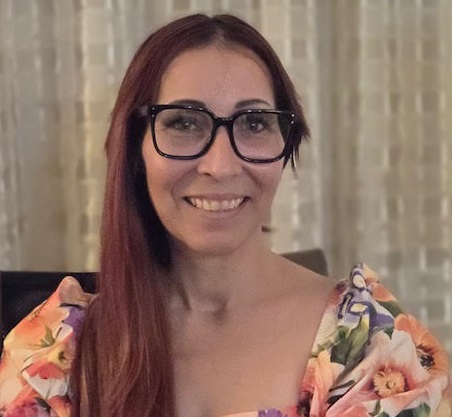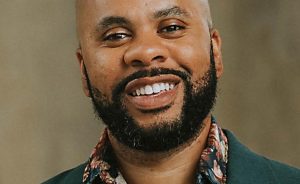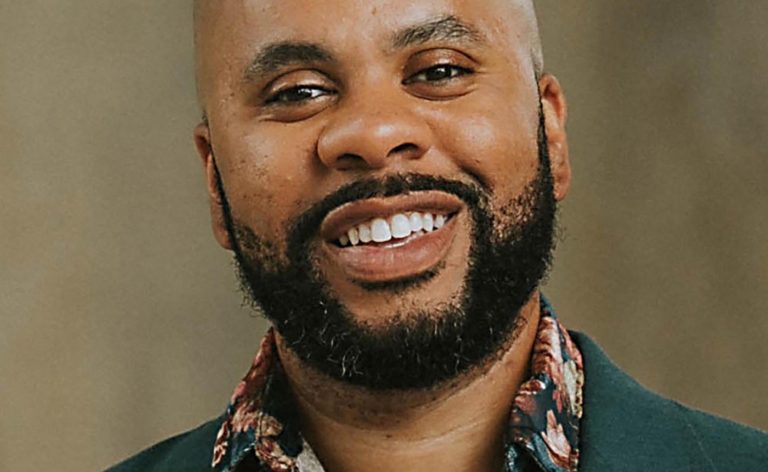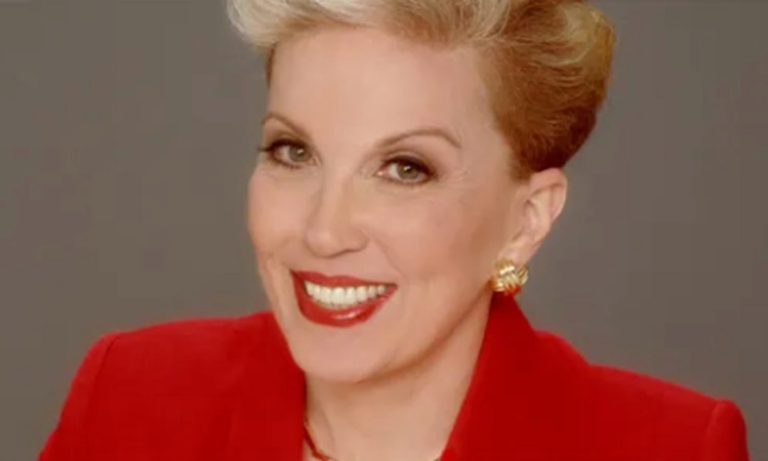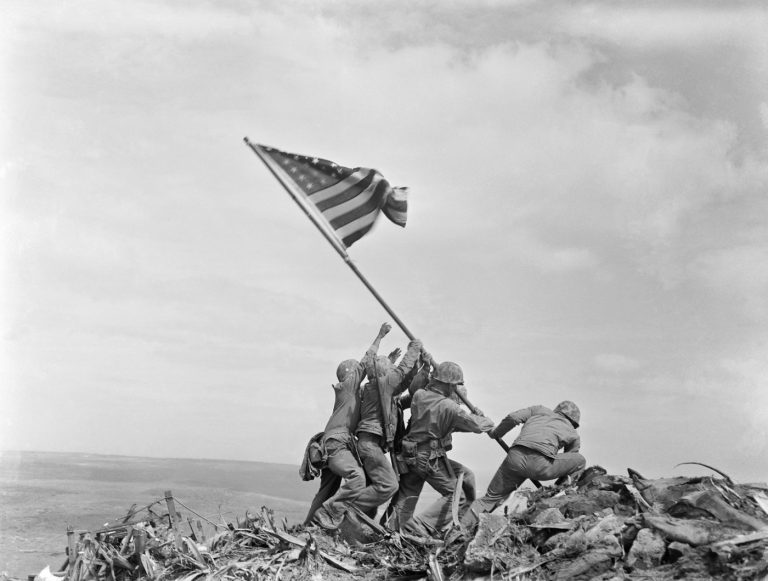Cyndia Sanchez is back teaching cycling classes after a devastating bout with cancer that filled her lungs with tumors so numerous that if it were a different type of cancer, aggressive treatment wouldn’t be called for.
But Sanchez was fortunate. After she lay intubated for three months, her athletic frame grew skeletal and she breathed blood into her respirator, chemo worked for her.
Doctors say it’s because of the rare form of cancer she had, which started in her uterus and spread to her lungs.
“Her story is unique in that, while her cancer looked bad, it’s a rare type that responds better to chemo than just about any other cancer we see,” said Dr. Meg Palisoul, a gynecological oncologist at Hartford Hospital.
“And so in her case, this aggressive management was ethical. If it had been any other kind of cancer, really this type of care would be overly aggressive and harmful and futile.”
It started when Sanchez began losing weight in October 2022. “I work out a lot. I’m a gym rat. I eat like a trucker, so there was no reason for me to be losing that much weight,” said Sanchez, 46, who lives in Windsor.
“I was a swimmer all my life. I was part of the Puerto Rico national team,” she said. “I went to college with a full ride for swimming. I teach three cycling classes. The fact that I was teaching cycling with cancer in my lungs … speaks to the physical shape that I was in.”
When Sanchez arrived at Hartford Hospital, she already had had a hysterectomy and the cancer, gestational trophoblastic neoplasia, had spread to her lungs, where she was hemorrhaging heavily.
The original cancer was related to placental tissue in Sanchez’s uterus, even though she had not been pregnant for about 15 years, Palisoul said. “So her story is quite atypical but not unheard of,” she said. Sanchez had the two most rare forms of GTN cancers, she said.
“The hormone that my body was producing, the cancer hormone, is the same hormone that pregnant people produce,” Sanchez said. “It’s called hCG. So my body was protecting the hormone, but in a sense it was protecting the cancer.”
“What’s important to know about this type of cancer is it can be very prone to hemorrhage,” Palisoul said. “This is a known risk with this type of tumor. Because of this rapid progression and unstable process, we decided to move forward with chemotherapy immediately, the following day, rather than waiting until a few days later.”
Sanchez also was given blood transfusions and oxygen support. By that night, she was put on emergency intubation and transferred to the intensive care unit. Within two weeks, the care team was talking about removing her ventilator because her prognosis looked so poor, Palisoul said.
“It’s unsettling for everybody to see this and feel that her prognosis was probably worse than in the end it was,” she said. “But knowing about this disease, I felt that it was probably worth still pushing through.”
The problem was Sanchez was so unstable because of her hemorrhaging lungs that she had been unable to start the chemotherapy that would save her.
“Her lungs were just full of cancer,” Palisoul said. “Just about any other type of cancer, that would be incurable. In this rare type of cancer, it actually can be cured with chemotherapy. And we just hadn’t yet had the chance, she hadn’t yet had the chance to receive the chemotherapy because she became so unstable and sick from the hemorrhage before actually getting enough chemo to get the benefit.”
For two weeks, the team used various procedures to keep Sanchez alive. She was paralyzed for at least a week.
The team did “things we wouldn’t usually do just to buy enough time for the chemotherapy to take effect,” Palisoul said. “And so the question was, what are we doing? Is this futile?”
Dr. Samuel Pope, medical director of intensive care, was in charge of Sanchez’s care when she was at her sickest. He fielded questions from the team about whether her care was appropriate.
“As the director, what happens is, we have somebody who comes in and they have a lot of illness, and then the staff starts to feel like we’re doing more than we should or … that we’re creating more harm for the patient, the family, the caregivers, because we continue to treat them when they feel like we should not be continuing to treat an illness,” he said.
Damary Baez, the social worker on the team, said she remembered the weekly meetings “and the No. 1 question was, what are we doing here? What are we doing? She’s getting worse or she looks worse. They’re different things that the doctors and the team looks at and it appeared clinically that medically she was looking worse and things were going downward.”
But in fact certain blood markers were showing that the chemo was working.
“This was a true testament to that phrase that things are going to get worse before they get better,” Baez said. “And they did, they did. And also following the patient’s directives, she said from the beginning that if the outcome was going to be that she was going to get better, then do everything.”
“I took care of her probably two months into this and so I will tell you, about this point she has tried to die many times, many times, and was really fairly ravaged just from being critically ill for two months,” Pope said.
Lying in bed on a ventilator, with medicine to keep her blood pressure up, going in and out of shock, “their nutritional status deteriorates … your body (begins to) break yourself down to try to feed all the extra processes that are going on in your body,” he said. “We’ve given her chemotherapy at that point, and she really looked skeletal, like at the end of her life.”
Sanchez’s CT scans showed her lungs were “loaded with cancer, I mean there’s just tumors everywhere,” Pope said. “This is not something that we see for most metastatic diseases. When you see a CAT scan like that, that person is not leaving the hospital.”
However, Sanchez was fortunate in that the particular cancer she had was susceptible to the chemotherapy used to fight it.
Sanchez pulled through also because of how healthy she was to begin with, Pope said.
“It became clear that we were certainly at that point going to keep going,” he said. “We had had some significant impact on this cancer and now we needed to pick this person who actually was extremely healthy before this. Not just a healthy person her age, an extremely healthy person period.”
He said it’s important for people to know “the necessity of staying healthy and maintaining mobility, strength, endurance as much as you can as you age. Her survival really depended on those things. I think for her I really don’t think she would have been here today if she was unhealthy.”
Once she finally left the hospital began the slow recovery.
“My dad brought my family from Puerto Rico: my brother, my niece, my nephew, my mom, my dad. They moved here for the seven months that I was in the hospital,” Sanchez said. “So they helped with the kids, the groceries, feeding. When I woke up it was around March.”
When Sanchez looked at herself in the mirror, she saw a different person.
“I’m like, that’s not me. I was 70 pounds, no hair. I came from finishing half Ironmans, swimming, biking, running, to not being able to walk two steps,” she said. “They ended up moving my gallbladder. My liver is still a little bit iffy. It has been a journey. Coming home from the hospital. I want to say that was the darkest time of my life.”
But Sanchez has come back strong.
“I am back at the gym, teaching cycling again,” she said. “I started swimming again. Definitely having the lungs of a swimmer was huge. My lungs were able to take the hit because they took a big hit. They show the holes where the tumors were. I call it the Swiss cheese. My lungs are Swiss cheese.”
Still it wasn’t easy at first. She didn’t like it when people told her to stay positive. “Let me breathe. Give me my space,” she said.
“I needed to grieve my body,” she said. “I went through a grieving process for myself. And I know that sounds like a pity party. And I’m the first one to say, stop pity party. But it’s real. … And what people don’t understand is, yes, you’re alive. But you’re not living, and there’s a huge difference between being alive and living.”
There are two nodules left in her lungs that will be looked at soon. Sanchez isn’t thinking too much about whether the cancer returns.
“To be honest, after you go through what I went through, there’s things that you cannot control,” she said. “So you just focus on what you can control. If it comes back. I mean, let’s do a second round. Let’s go.”
Ed Stannard can be reached at estannard@courant.com.
